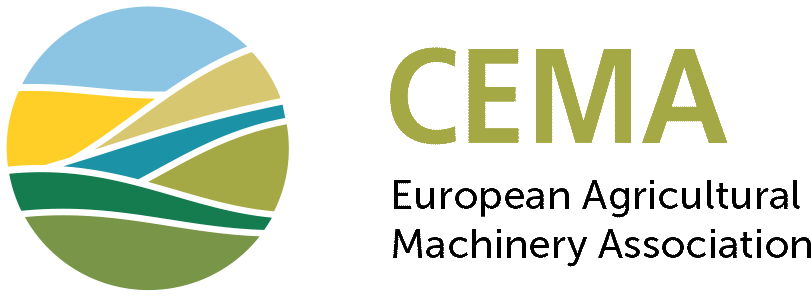Revision of the Machinery Directive: the work is in the hands of the Parliament and the Council
***
The revision of the Machinery Directive, officially known as the Machinery Products Regulation (MPR), is moving on in its approval process, with work now ongoing within the European Parliament and the Council.
At the Parliament level, it is the IMCO (Internal Market and Consumer Protection) Committee that is following this activity, and MEP Ivan Štefanec is the Rapporteur. Stakeholders provided comments to complete the report which was just publicly released (you can read it HERE).
CEMA organised numerous meetings to set its final position. The main issues identified are:
- The way Artificial Intelligence (AI) is covered: the MPR should focus mostly on the AI modules with self-determining evolving behaviour. In other situations, the behaviour of the AI system is already covered by the risks listed in the existing Machinery Directive. Additionally, the proposal to consider any software or AI, when it ensures a safety function, as high-risk machinery products and thus requiring thus the validation by a third party, is likely to reduce development and innovation, especially for SMEs. A definition of safety function will be needed to avoid various interpretations.
- Implementation dates and the transition period are not feasible: after the publication of the Regulation there would be 30 months to switch from one Regulation to another one. This would mean that the harmonised standards will not have the time to be updated in time. Manufacturers will miss the support of updated requirements, which will add administrative burden on their shoulders when it comes to preparing the technical files of their machines. The proposed transition period appears to be very restrictive and needs to consider the placing on the market of machinery products.
- The link with other specific Regulations, especially when it comes to conformity assessment. CEMA insists on the fact that we must avoid doubling the work by imposing two different conformity assessments. The proposal is to state clearly that the conformity assessment set in the MPR is the one to follow to guarantee the compliance of the product.
- The contact with overhead power lines for mobile machinery, where the requirements added do not take into account the existing state of the art for agricultural machinery, as well as the conditions of use.
- The mandatory supervisory control function on mobile autonomous machinery: the need for this control function should be developed in harmonised standards, according to the use and the characteristics of the machine. This request is not appropriate for most of the small machines and would generate a high extra cost.
The timetable provided by the Rapporteur is the following:
- 9 November 2021: deadline to provide amendments on IMCO Report
- February / March 2022: vote at IMCO Committee
- May 2022: vote at plenary Committee
At the Council level, work is done through the Working party on technical harmonisation of the Council with ten meetings already held to go through the content of the MPR.







